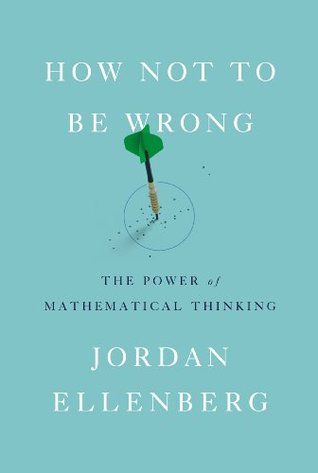More on this book
Community
Kindle Notes & Highlights
Those integrals are to mathematics as weight training and calisthenics are to soccer. If you want to play soccer—I mean, really play, at a competitive level—you’ve got to do a lot of boring, repetitive, apparently pointless drills.
Knowing mathematics is like wearing a pair of X-ray specs that reveal hidden structures underneath the messy and chaotic surface of the world. Math is a science of not being wrong about things, its techniques and habits hammered out by centuries of hard work and argument. With the tools of mathematics in hand, you can understand the world in a deeper, sounder, and more meaningful way.
Wald’s insight was simply to ask: where are the missing holes? The ones that would have been all over the engine casing, if the damage had been spread equally all over the plane? Wald was pretty sure he knew. The missing bullet holes were on the missing planes. The reason planes were coming back with fewer hits to the engine is that planes that got hit in the engine weren’t coming back.
A mathematician is always asking, “What assumptions are you making? And are they justified?”
survivorship bias.
You learn them in order and you have to obey them, because if you don’t obey them you get a C-. This is not mathematics. Mathematics is the study of things that come out a certain way because there is no other way they could possibly be.
The specialized language in which mathematicians converse with each other is a magnificent tool for conveying complex ideas precisely and swiftly. But its foreignness can create among outsiders the impression of a sphere of thought totally alien to ordinary thinking. That’s exactly wrong.
To paraphrase Clausewitz: Mathematics is the extension of common sense by other means.
When we teach mathematics we are supposed to be explaining how to be that guide. A math course that fails to do so is essentially training the student to be a very slow, buggy version of Microsoft Excel.


